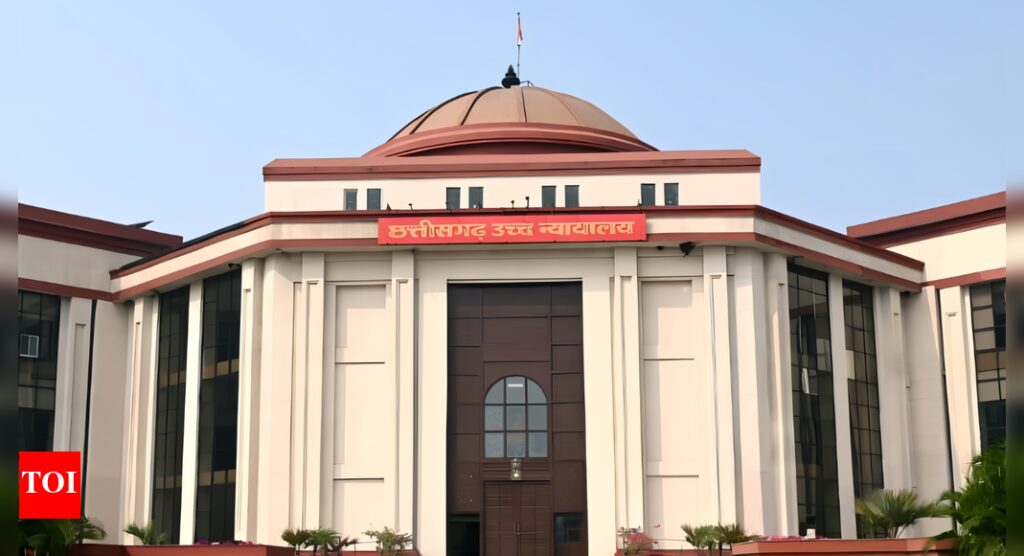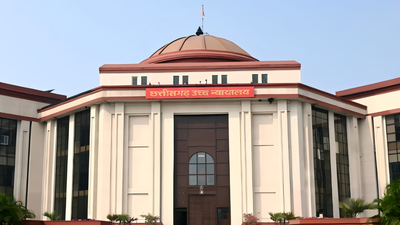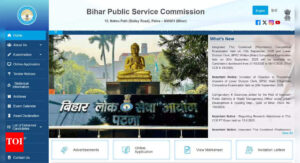Chhattisgarh high court sets aside conviction of woman after 10 years due to lack of evidence of minor status | Raipur News

RAIPUR: The Chhattisgarh High Court set aside the conviction of a 23-year-old woman sentenced to life imprisonment under the Protection of Children from Sexual Offences (POCSO) Act. The court ruled that the prosecution failed to produce “clinching and legally admissible evidence” to establish that the male was below 18 years of age at the time of the incident. A Division Bench comprising Justice Rajani Dubey and Justice Amitendra Kishore Prasad, in its judgment reserved on August 25 and delivered on November 11, allowed the appeal filed by the woman. She was convicted by the Additional Sessions Judge, Fast Track Court, Raigarh, in 2016 under Sections 363 and 368 of the IPC and Section 6 of the POCSO Act.The bench noted that the trial court erred in accepting the school admission register as proof of the male’s age without verifying the basis on which the date of birth was recorded. The headmaster who produced the register admitted during cross-examination that he did not make the entry himself and that no supporting birth certificate or transfer document was produced.“Except for the copy of the admission-discharge register, no other documentary evidence was adduced by the prosecution. The headmaster admitted that he is not the author of the entry regarding the male’s date of birth,” the court observed. “Thus, the prosecution utterly failed to adduce any clinching or legally admissible evidence to prove that the male was a minor on the date of the incident.”The court relied on recent Supreme Court rulings, including P. Yuvaprakash vs State and Rishipal Singh Solanki vs State of UP, reiterating that school records are admissible under Section 35 of the Evidence Act only when supported by reliable foundational documents. In the absence of such corroboration, age cannot be presumed from mere school entries.The bench also referred to its own earlier decision in Chiranjeet Dholai vs State of Chhattisgarh, where it held that without documentary or medical proof such as an ossification test, it would be unsafe to conclude minority solely on the basis of school records.Observing that the male’s statement and conduct indicated he was a consenting party, the court said: “The male admitted that he went with the appellant to Dharamjaigarh, stayed with her for over a month, and was recovered while returning by bus. Considering the manner in which the incident took place, it can safely be inferred that the male was a consenting party to the act.”Holding that no offence under the POCSO Act or IPC was made out, the high court set aside the conviction and acquitted the appellant of all charges.The bench further directed that since the appellant was on bail, she must execute a personal bond of Rs 25,000 with one surety under Section 481 of the Bharatiya Nagarik Suraksha Sanhita, 2023, effective for six months, undertaking to appear before the Supreme Court if a special leave petition is filed against the judgment.(The victim’s identity has not been revealed to protect her privacy as per Supreme Court directives on cases related to sexual assault)






